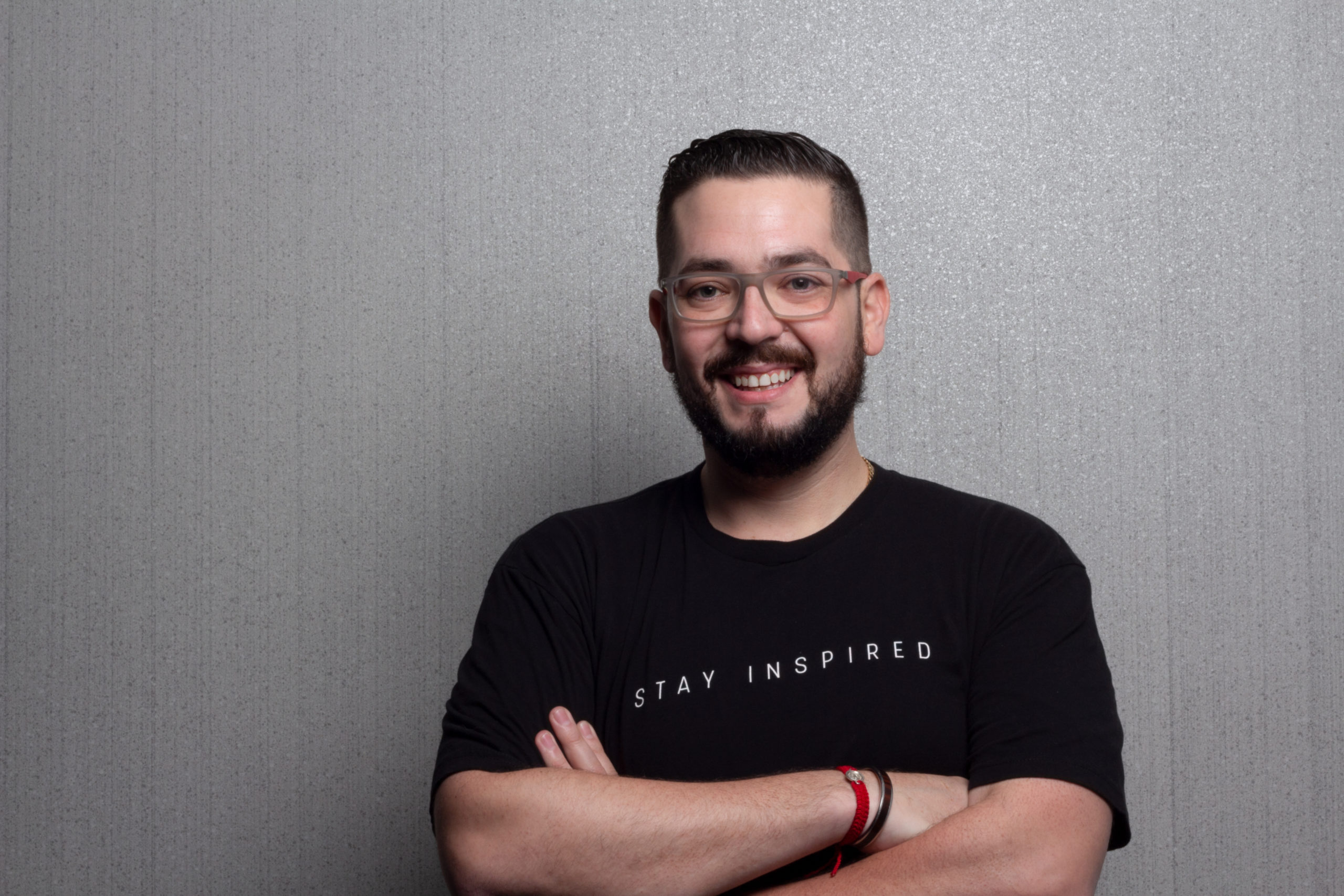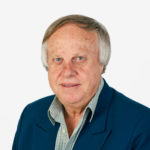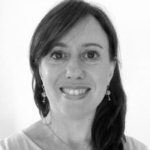Javier Segovia is a qualified Industrial and Systems Engineer who holds a double MBA degree from ITESM and the Belk College of Business. He also has several certifications and experience in leading organizations and multifunctional teams, change management, customer experience, strategic communications, and organizational development. Connect with Javier on LinkedIn.
1. Can you tell us about your organization, Regnum Christi, and what you do in your role there?
I am the Strategic Management Director at Regnum Christi, a not-for-profit Catholic organization focused on education (K-12 & Higher Education) in more than 15 countries. Its mission is to promote the integral formation of apostles, inspiring them to fully live their vocation as Christian leaders within their social environment.
I am responsible for providing alignment, execution, communication, and change management of the organization’s strategic portfolio, and for providing coaching to priests, consecrated women, and consecrated men through the congregation.
2. Why has Regnum Christi become so organizationally fragmented and how will you upend the existing structure through reorganization to correct this?
It has not been easy. My organization, and the entire Catholic Church, has suffered a lot in recent years. We are experiencing a power shortage. Processes of resilience and self-discovery are still ongoing. I think that the main reason for this fragmentation is the decentralization of decision making, the flow of information, and action. It feels like an individualistic and siloed operation with asymmetrical behaviors, styles, and purposes (Why? How? What?), which I summarize as something akin to “organizational bipolarity”.
My goal is to create alignment between the three levels of governance—owner, direction, operations—and “start” a journey for a new culture where the “mindset” is one of constant and continuous change and adaptability.
I know this cannot happen like magic, that this effort alone cannot change 70 years of our culture, but it can be a significant trigger. People here usually say that we lack resources, or that new ideas won’t be approved, but just because we are a not-for-profit doesn’t mean that we are exempt from changing and transforming, etc. I want to show that there are other ways to work and deliver results. I believe that if we invest resources in creating the best employee experience, we won’t only build a great culture with aligned purposes between employees and the organization, we will change people’s lives.
3. How will you help your colleagues to develop a new adaptable mindset and find other ways to work?
I want to change the organizational culture to one where people align their personal purpose and values with the organization’s purpose and values, and to change it through experiences. That´s why I´m fully committed to this Catholic organization, and doing what I love most: helping both the organization and its people strategically transform and change.
To create momentum for my colleagues, transformation and change needs to start with me. That’s why I am always on the journey of developing a new mindset and continually defying the way we work. My focus is to build a creative and safe engagement culture through rituals, where people can become intentional in their impacts of behaviors and beliefs, and where there is a safe, vulnerable and collaborative place to work. I want to be the “Organization Steward”, to make sure that this process thrives into organizational excellence.
I consider myself passionate about people, innovation, and creativity. I make sure that my work for the organization’s purpose stays true to its mission, vision, and values. I want to inspire individuals, teams, and cultural transformations, and to foster the best version of everyone. I profoundly believe that everyone has been endowed with specific individual talents and gifts, and that with grace, courage, and the right motivation, individuals have the behavioral potential to maximize their abilities to purpose-driven strengths.
Bold



